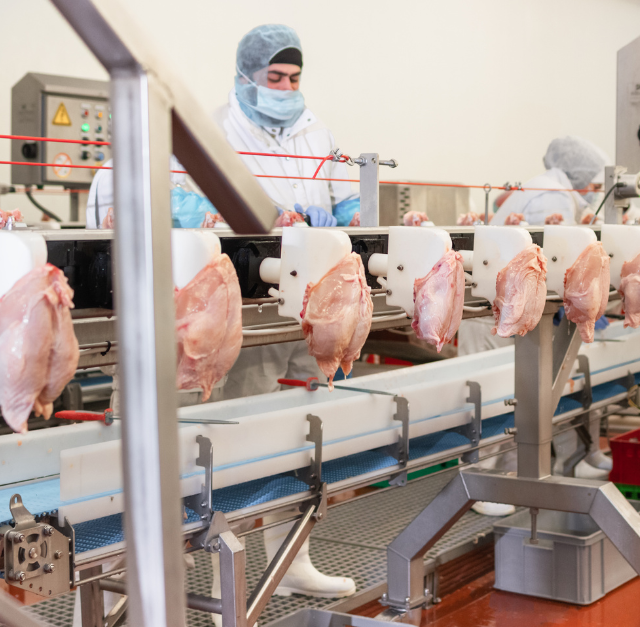
Chloride Testing in Industrial Water to Prevent Corrosion
High concentrations of chloride in industrial water can lead to several risks, impacting both the operational efficiency of industrial processes and the longevity of equipment. Understanding and managing these risks is essential for industries that rely heavily on water in their operations.
Corrosion: A Major Risk of High Chloride Levels
The most significant risk associated with high chloride levels is corrosion, particularly in metal pipes and equipment. Chloride ions are highly corrosive, especially at elevated temperatures, and can accelerate the corrosion process. This can lead to the deterioration of infrastructure, resulting in costly repairs and replacements. In industries like power generation and chemical manufacturing, where metal equipment is prevalent, managing chloride levels is crucial to prevent corrosion-related damage.
Impacts on Water Treatment Processes
High chloride levels can also pose challenges in water treatment processes. In desalination plants, for example, chloride can affect the efficiency of reverse osmosis membranes, reducing their lifespan and effectiveness. In boiler systems, chloride-induced corrosion can lead to scaling and fouling, affecting heat transfer efficiency and increasing energy costs.
Environmental Concerns
From an environmental perspective, discharging water with high chloride levels can have detrimental effects on aquatic ecosystems. Chloride can disrupt the osmoregulation process in aquatic organisms, leading to ecological imbalances. Ensuring that industrial wastewater meets environmental standards for chloride content is crucial to mitigate these impacts.
Health Implications
While chloride itself is not typically harmful to human health at the concentrations found in industrial water, its presence at high levels can indicate other water quality issues that may need addressing.
Monitoring and Management
Regular testing and monitoring of chloride levels in industrial water are essential. This not only ensures the longevity and efficiency of equipment but also aids in complying with environmental regulations. Employing appropriate water treatment methods to manage high chloride levels is key to mitigating the associated risks.




